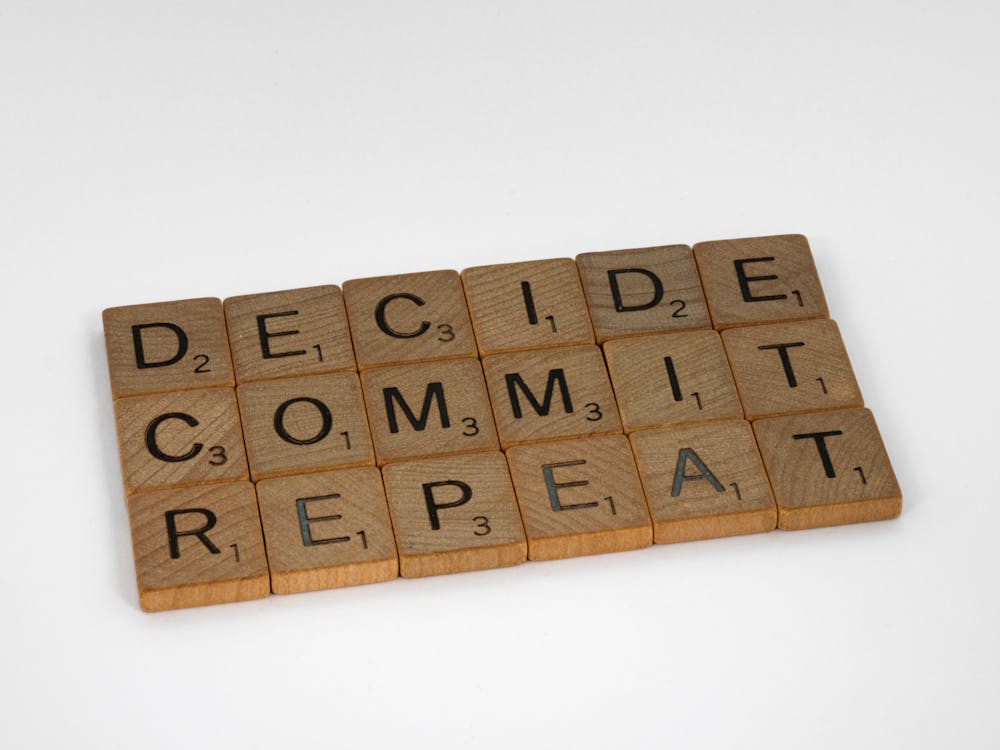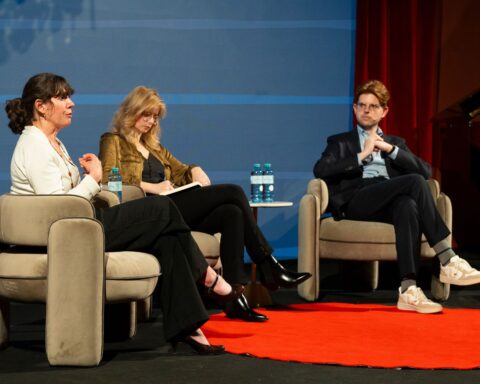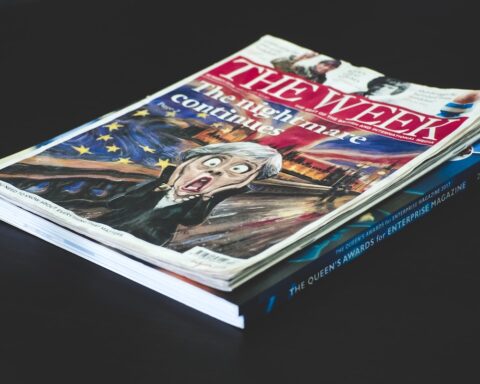From the moment we wake up to the moment we fall asleep, there are countless decisions we have to make. They range from seemingly insignificant micro-decisions about snoozing the alarm or taking a left or right turn to big decisions about moving to a different place or quitting a job. Always making the right choice seems easier at some times and much more difficult at other times. Why is that? And why does more information not always mean an easier decision?
Our overwhelmed brains
Our brain is constantly working – whether we are awake and taking in information, or asleep and processing our experiences. What we need to process is the input we receive from our surroundings. In a very simplified manner, our brains work somewhat like computers. A command or an external input is recognized by the operating system and sorted into the existing datasets. Now, brains are usually much better at processing information parallelly while computers mainly process serially, meaning one thing after another. Additionally, the human brain works with and around emotional and motivational factors, different impairments, and a myriad of different influences that widely surpass the programmed abilities of computers.
This creates a constant demand on the brain. The information that we receive from our surroundings does not necessarily need to be as concrete as grammatical rules when we study a foreign language or complex theoretical concepts, it also includes the sounds, smells, or visuals around us, or senses in our body. Despite its impressive ability of parallel processing, an overload of information can drain the brain’s capabilities. In order to manage the multitude of input, a healthy brain has different ways to prioritize, sort, and process the information based on its urgency.
When our brain is exhausted or depleted, making clever choices becomes more difficult. Working with a depleted brain means being more likely to procrastinate, get distracted, and work less effectively than with an energized brain. Furthermore, if our brain is overwhelmed with input, information is less likely to move from short-term into long-term memory, which has especially devastating effects on learning.
Choices and decisions
The varying nature of decisions, conscious or subconscious, initial or well-considered, makes understanding the process of making them a subject of extensive research. Decision-making involves the Prefrontal Cortex (PFC) which is responsible for attention, inhibiting impulses, and foresight, and the hippocampus, crucial for memory. Neurons play the main role in the cognitive component of decision-making. The newly retrieved information sent to the PFC in the form of a neural response is connected and compared with relevant information from the hippocampus. Especially with more complex decisions, this process is incredibly intricate and involves mental math to gather the necessary information, compare arguments, and weigh the options against one’s value systems and beliefs. This way we can decide which way to go, which restaurant to pick, and who to vote for in the next election.

Studies have shown that the neural connection between the PFC and the hippocampus can create closed-loop circuits which are responsible for developing our preferences. However, choice is a very marketable feature. Often, businesses pride themselves with their enormous selection of products. This allows for extensive customization to tailor everything that is purchasable, from groceries to assurances, exactly to the customers’ needs.
If marketing is so keen on offering customers as many choices as possible, it might be surprising to hear that when we are overwhelmed by choices, performance ability can plummet in the face of having to make a decision. Psychologists have discussed the connection of selection and happiness and argued that fewer choices to pick from often lead to more content customers, not least because people feel more confident in their choice when they have fewer options. With an excessive amount of options, our freedom of choice comes with a devastating side effect, which is called decision fatigue.
Decision fatigue
The human brain works with astonishing speed and efficiency when making decisions. However, an excess of choices or decisions to make can strain the brain’s energy and seriously impact our decision-making ability. Working with a depleted brain can cause lack of attention, increased impulsivity, and difficulty to combine information and see implications. Thus, a brain running on low energy makes worse decisions.
Decision fatigue can become a major mental impediment in the long run and is often an indication that one is at risk for burnout. It can lead to making impetuous decisions or avoiding them altogether. This effect is most likely due to stress. The pressure of having to make the right choices or the sheer amount of choices one has to make can put a strain on the brain and cause weariness, especially when having to make decisions.
Satisficers vs. Maximizers
Whether we are more or less likely to suffer from decision fatigue also depends on the way we decide things. In general, there are two main kinds of decision-making patterns. These patterns guide how we approach a choice – the two types are satisficers and maximizers. While people tend to follow one approach over another, it also depends on the situation. Additionally, most people are placed somewhere between the two types.
Satisficers are people who usually like to make quick decisions which suffice rather than fully satisfy. Their approach to decision-making values efficiency over quality. They tend to fall back on the closed-loop circuit decisions, stick to their preferences, and look to others when making decisions. In a bookshop, instead of browsing and making their decision more difficult, they might pick a book from the bestseller list. This way they’ll have a decent book to read and little to worry about. By self-limiting and minimizing their choices, they come to a quick conclusion without much hassle.

Maximizers, by contrast, like to consider every possible option that is open to them in order to get the most out of each opportunity they have to make a decision. They need to inquire as much information as possible, compare and contrast ideas, and weigh their options carefully. When planning a trip, they might start out with a myriad of different options. They might make pro’s-and-con’s lists and try their best to choose the very best options.
The paradoxical nature of choice also applies here. In 2006, a study showed that “recent university graduates with high maximizing tendencies found jobs that paid starting salaries that were 20% higher than those of their satisficing peers.” However, those people were also generally less satisfied with what they had and more prone to regret. Satisficers, with a simplified approach to decision-making, are often more content with their decisions, despite being (statistically) paid less.
An energized brain
While not everyone can or wants to simply adopt satisficer’s tendencies, simplification is a helpful tool to limit excess information input, avoid decision fatigue, and save mental energy. In order to limit the external input, we can make a distinction between information overload and information opportunity. In being more selective with the information we take in and evaluating it according to its relevance to our situation, decisions can be simplified, too. Additionally, self-reflection can aid us in prioritizing information – which choices require closer consideration and which do not have to be perfect.
This frees up mental space and energizes the mind. An energized brain is characterized as focused, regulated, and able to make connections easily. Avoiding decision fatigue and cultivating mental clarity is a priority for efficiency, productivity, and mental health. So next time we find ourselves having to make a big decision, time, simplification, and some self-inquiry might help us to stay sane amidst the process.
Header image by Anete Lusina from Pexels





